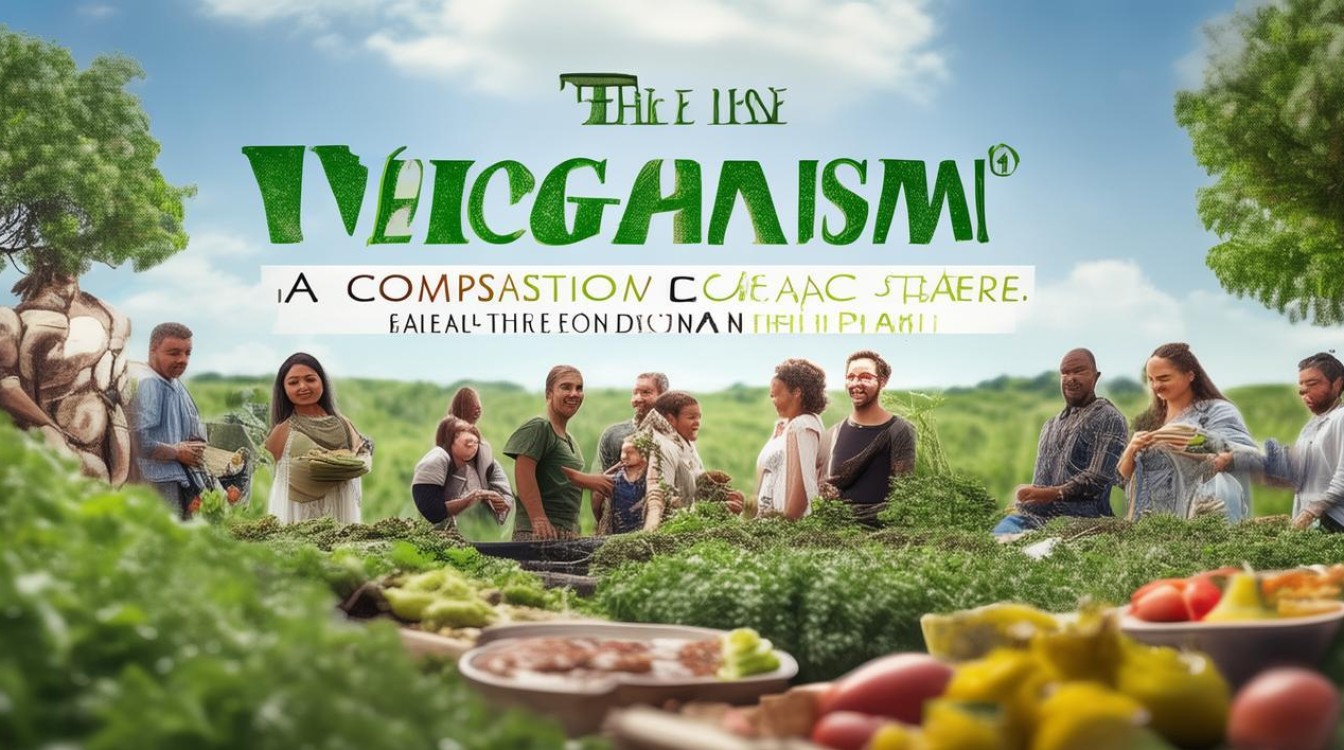In recent years, veganism has gained significant traction worldwide. More people are embracing plant-based diets, driven by concerns for health, animal welfare, and environmental sustainability. This shift reflects a growing awareness of how dietary choices impact personal well-being and the planet.

Health Benefits of a Vegan Diet
A well-planned vegan diet offers numerous health advantages. Studies show that plant-based eaters often have lower risks of heart disease, high blood pressure, and type 2 diabetes. By eliminating animal products, individuals reduce their intake of saturated fats and cholesterol, which are linked to cardiovascular issues.
Plant-based foods are rich in fiber, vitamins, and antioxidants. Leafy greens, legumes, nuts, and whole grains provide essential nutrients like iron, calcium, and vitamin B12 when properly supplemented. Many athletes and fitness enthusiasts adopt veganism to improve recovery times and endurance, proving that plant-powered nutrition supports an active lifestyle.
Ethical Considerations
For many, veganism is a moral stance against animal exploitation. Factory farming practices often involve overcrowding, unnatural growth stimulation, and inhumane slaughter methods. Choosing plant-based alternatives reduces demand for these industries, promoting kinder treatment of animals.
Ethical veganism extends beyond food. It includes avoiding leather, wool, and cosmetics tested on animals. This holistic approach aligns with the belief that all living beings deserve respect and freedom from suffering.

Environmental Impact
Animal agriculture is a leading contributor to climate change. Livestock production generates more greenhouse gases than the entire transportation sector combined. Deforestation for grazing land destroys ecosystems, while excessive water use strains global resources.
Adopting a vegan diet significantly reduces one’s carbon footprint. Plant-based agriculture requires less land and water, making it a sustainable solution to food scarcity. By shifting toward veganism, individuals can help mitigate environmental degradation and preserve biodiversity.
Debunking Common Myths
Critics argue that vegan diets lack protein or are inherently expensive. However, legumes, tofu, tempeh, and quinoa offer ample protein at affordable prices. Seasonal produce and bulk purchases make veganism accessible to all budgets.
Another misconception is that vegan food is bland. Global cuisines provide countless flavorful plant-based dishes—from Indian curries to Mediterranean mezze. Creativity in the kitchen ensures variety and satisfaction.

Practical Tips for Transitioning
Starting a vegan lifestyle can feel overwhelming, but gradual changes ease the process. Begin by incorporating meatless Mondays or swapping dairy milk for almond or oat alternatives. Experiment with new recipes and explore vegan restaurants to discover enjoyable options.
Reading labels is crucial, as many processed foods contain hidden animal derivatives. Online communities and nutritionists can offer guidance to ensure balanced meals. Supplements like B12 may be necessary, but these are easily incorporated into daily routines.
The Future of Veganism
As technology advances, plant-based alternatives continue to improve. Lab-grown meat and dairy-free cheeses mimic traditional flavors without ethical or environmental drawbacks. Major food corporations are investing in vegan products, signaling a shift toward mainstream acceptance.
Governments and institutions are also recognizing veganism’s potential. Schools and hospitals now offer plant-based menus, while climate policies increasingly highlight sustainable diets as a solution.

Personal Perspective
Choosing veganism is a powerful act of compassion—for animals, personal health, and the Earth. While the transition requires effort, the benefits far outweigh the challenges. Every plant-based meal contributes to a kinder, healthier world. Whether motivated by ethics, environment, or wellness, adopting a vegan lifestyle is a meaningful step toward positive change.
The movement is no longer a niche trend but a global shift in consciousness. As more people embrace plant-based living, the collective impact grows, proving that small dietary choices can reshape the future.

